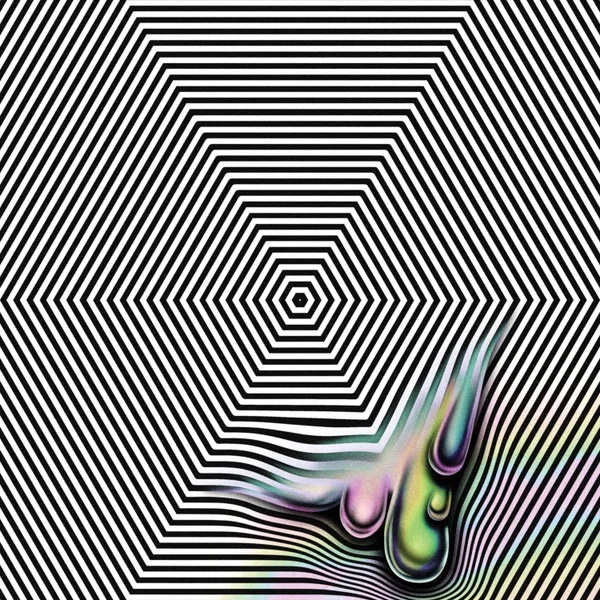Have been reading a few things that seemingly have to promote my writing (or any project work, for that matter). Paul Graham writes specifically about writing usefully.
To write like he does means to follow the path of a very good essay writing. It is very demanding. Which is a worthy mindset. Holding yourself to very high standards, and only put something out there in the world that has been deemed useful, and of the best quality one is capable of. But to write well, one needs practice. To get practice, one needs to write a lot. While Graham’s view is that one only must write something that is useful, strong, and truthful. This is my constant struggle: writing something that is just “meh”, whatever comes, getting the words and the sentences and the paragraphs out, strength in numbers. Or writing scarcely and powerfully. As with everything, there needs to be a delicate balance. (Here, for example, this text is a perfect example of meh writing, something very vague.)
Getting the numbers out on the page or the screen is very meditative, and is more a practice with a focus on itself rather than the result. Essay writing is different, it’s purposeful. I write without focus, without purpose, for what it’s worth. If I want to do it differently, I need to find a theme, and pursue it strongly. However, my interest (at this moment) is all the curiosities of life, and my own observations.
I don’t know whether there can be a balance of scarce/strong and abundant. All I know is that to write better, it is necessary to write. At the level of greatness, of true writing mastery, there’s a marriage of strength and abundance. But first, one just needs to write.
The latest Seth Godin’s book (Is it his latest? It’s hard to tell, the guy writes a lot) is called “Practice”. It is, like all his books, a big and lengthy pat on the back. Whatever you set your mind on, do it. There will be, and is, an audience. There is the need for art, there is everything — just transform your motivation into practice of doing art and building your skill one step at a time, day by day.
On the inside, the ideas of Paul Graham and Seth Godin don’t contradict each other. They both talk about practice, and while one can doubt whether or not practice makes perfect, there’s certainty around practice building skills. And practice is what I’ll do.
I’d like to close this off with one of my favorite quotes, from J.D. Salinger’s “Franny and Zooey”:
“Act, Zachary Martin Glass, when and where you want to, since you feel you must, but do it with all your might.”


